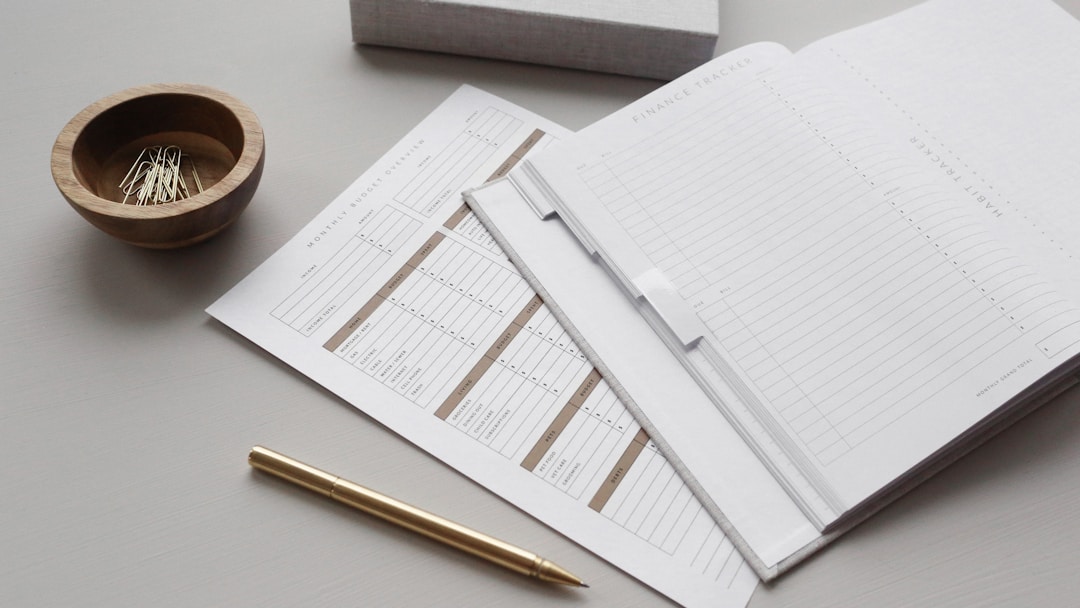Taking care of ourselves is a skill that most of us have had to learn the hard way. Fortunately, with a bit of planning and research, you’ll find that all it takes to protect yourself from future health and physical setbacks is the intention to think ahead. We’re lucky to live in a world where most essential services are automated or remotely accessible. With this in mind, here are three hassle-free ways you can plan and care for yourself and those you love.
1. Learn your family medical history.

According to the Brain Aneurysm Foundation, nearly 6.5 million people in the United States have an undiagnosed and unruptured brain aneurysm, annually. From this number, an estimated 30,000 people a year suffer a brain aneurysm rupture. Unfortunately, about 15 percent of these patients succumb before receiving medical attention.
While having a known family history of aneurysms is a significant risk factor for developing aneurysms in the future, it’s not a guarantee that you’ll also receive an aneurysm diagnosis. Knowing your family medical history is just the first step in taking charge of your health. While it may be uncomfortable to ask your first-degree relatives to share any hereditary medical conditions, prevention is always better than cure, and starting the conversation is important.
While aneurysms can be hereditary, other aneurysm risk factors include age, race, atherosclerosis, cigarette smoking, hypertension, gender, excessive coffee consumption, excessive alcohol use, severe head injury. If you have a history of aneurysms, such as an immediate family member who’s had a ruptured cerebral aneurysm, schedule annual imaging tests to rule out any potential medical emergencies. These tests can also detect asymptomatic aneurysms.
Given that aneurysms have no symptoms, a larger-sized unruptured aneurysm may press on brain tissues resulting in a severe headache, double vision, nausea, pain behind one eye, and the loss of consciousness. An imaging test will also educate you on these common symptoms of a ruptured aneurysm and the signs to look out for.
2. Outsource the services of a professional.

A great way to reduce some of the stress in your life is to realize that you don’t have to do everything yourself. For instance, if you’ve suffered serious injury as a result of another person’s negligence—car crash, medical malpractice, slip and fall accident, defective products—speak to a personal injury attorney instead of handling the claims process by yourself.
Personal injury lawyers are trained in the practice of personal injury law. As an auto accident victim, for instance, there’s a lot of paperwork involved after the accident if you intend to file a personal injury claim. For instance, you’ll need to prove that the liable party caused your injuries. To do this, you’ll need to gather enough evidence to support your case. Some of this evidence may include the negligent motorist’s toxicology report, medical records and medical bills showing the extent of your injuries, a police report detailing the date of the accident, witness statements, and more.
As an accident victim, focusing on your recovery should be your main priority. A personal injury lawyer will use their years of experience in litigating personal injury lawsuits to manage all communication with the insurance company, gather evidence to support your personal injury case, and offer legal representation and legal advice should the case go to trial. They’ll also estimate the value of your case and help you win a fair compensation that could go towards offsetting medical expenses, loss of companionship, and your emotional distress, to mention a few.
3. Improve your relationship with money.

Keeping track of your expenses is a great way to ensure that you’re staying debt-free and in turn, stress-free. When you don’t have a clear idea of how much money your bringing in or spending each month, you could find yourself spending way more than you earn.
Luckily, gaining financial discipline is a skill you can learn and resources like Mint, Pocket Expense, BillGuard, and Level Money can help you keep track of your expenses. They also offer financial literacy tips such as helpful loan repayment plans that are planned around your monthly income.

